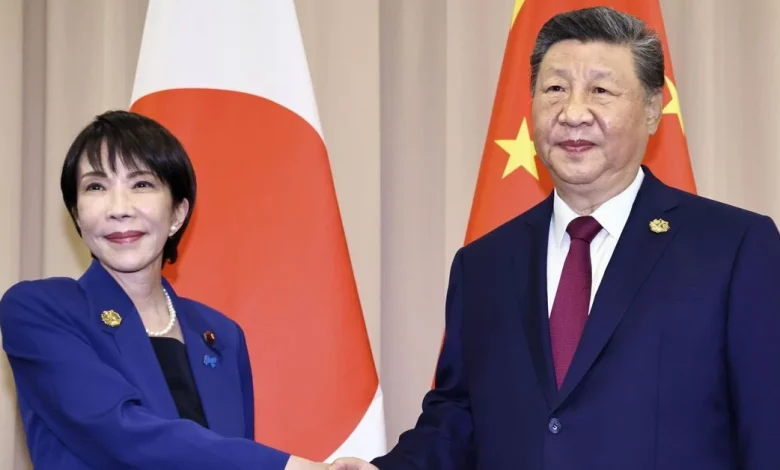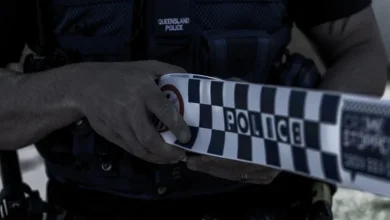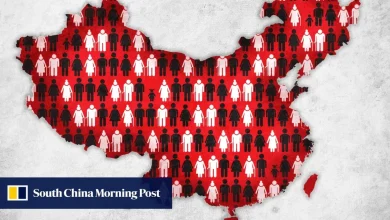New Japanese prime minister’s comments spark row with China, travel ban

Japan has raised objections after China advised its citizens to avoid visiting Japan, as a feud over the new Japanese leader’s remarks on Taiwan showed no signs of dying down.
The government in Tokyo lodged a protest last Saturday and its top spokesperson, Chief Cabinet Secretary Minoru Kihara, urged China to take “appropriate measures,” Japan’s Kyodo News Service reported.
China advised its citizens last Friday to refrain from travelling to Japan in the near future. It cited earlier attacks against Chinese in Japan and what it called Prime Minister Sanae Takaichi ‘s “erroneous remarks” on Taiwan, which it said undermined the atmosphere for China-Japan exchange.
Chinese President Xi Jinping, right, shakes hands with Japanese Prime Minister Sanae Takaichi when they met on the sidelines of an APEC summit in South Korea on October 31, 2025. (Kyodo News via AP) (AP)
Kihara told reporters that it is precisely because of the differences between the two governments that multilayered communication is essential, a Kyodo report said.
China has repeatedly recommended its nationals take security precautions when in Japan over the past year, but the latest announcement appeared to be stronger in advising against travel, according to notices posted on the website of its embassy in Tokyo.
Japan is an immensely popular destination for Chinese tourists, providing a much-needed economic boost but also sparking an anti-China and anti-foreigner backlash from some.
It’s unclear what impact the advisory will have on the willingness of Chinese to visit Japan, but several Chinese airlines offered no-penalty refunds on previously sold tickets to Japan following the government’s announcement.
The dispute suggests that Japan’s already fragile relations with China could turn rocky under Takaichi, who supports building up the military to counter potential threats from Beijing and its claims to contested territory in nearby waters in the western Pacific.
The Japanese capital Tokyo is a popular destination for tourists from China and Taiwan. (AP Photo/Hiro Komae) (AP)Japanese Prime Minister Sanae Takaichi, left, waves as US President Donald Trump speaks aboard the aircraft carrier the USS George Washington on October 28, 2025 in Yokosuka, Japan. Trump visited Japan before heading to South Korea for the APEC meetings. (Photo by Tomohiro Ohsumi/Getty Images) (Getty)
Takaichi, who became prime minister last month, said in parliament that a Chinese attack on Taiwan could constitute “an existential threat” to Japan, requiring the use of force by its military.
The remark prompted strong objections from China, including a social media post from its consul general in Osaka last weekend saying “we have no choice but to cut off that dirty neck that has been lunged at us.”
His comment, which was later taken down, sparked a Japanese diplomatic protest that was followed by a back-and-forth that continued all week.
China claims Taiwan, a self-governing island off its coast, as its territory and has staged threatening military drills in the surrounding waters in recent years.
Neither the US nor Japan has official diplomatic relations with Taiwan, but the US is the main supplier of defence equipment to the island’s military and opposes resolution of the China-Taiwan situation by force.
Japan is a military ally of the US and hosts American troops at several US bases on its territory, including a major navy base south of Tokyo.





